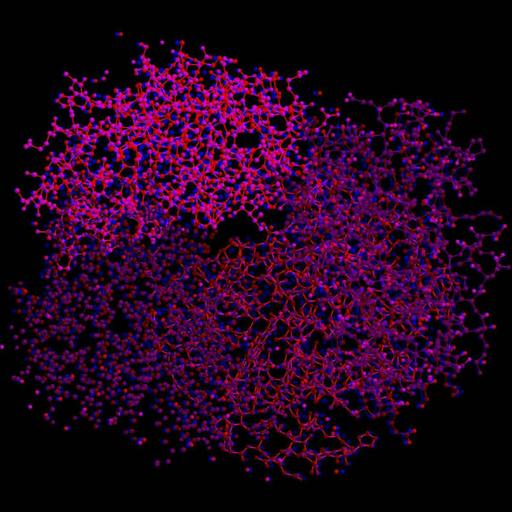Proteomics
Presentations | English
Proteins helps in deciding your body structure and is involved in cell division for growth, reproduction and healing. Protein plays a major role in the health of human beings. Proteomics is the study of entire protein complements, which involves not only their identification but also their quantification, cellular location, how they are transformed, how they interact with one another, their activities, and, finally, the discovery of protein function. This sophisticated approach can be used to examine differences in protein levels in samples from diseased and healthy tissues, for example. Enzymatic digestion of proteins (with or without pre-fractionation) produces peptides, which are subsequently analysed using cutting-edge mass spectrometry techniques. Proteomics is the next phase in the study of biological systems after genomes and transcriptomics. Because an organism's genome is more or less constant, whereas proteomes vary from cell to cell and over time, it is more complicated than genomics. Various cell types express different genes, therefore even the most basic set of proteins produced by a cell must be identified. RNA analysis was previously used to investigate this phenomena, but it was discovered to have no link with protein content.

Free
PPTX (69 Slides)
Proteomics
Presentations | English
